
Growing Public Dissatisfaction with Political Parties in Nepal: A Crisis of Governance and Trust
In recent years, Nepal has witnessed a significant rise in public dissatisfaction with political parties and their governance. The promises of good governance, economic development, and political stability have largely remained unfulfilled, leading to widespread frustration among citizens. Corruption, internal party conflicts, economic hardships, and governance failures have further deepened public discontent, pushing some sections of society to even consider alternative systems, including the restoration of the monarchy.
Failure to Meet Public Expectations
The post-2074 BS election government, formed with a near two-thirds majority, was expected to bring political stability and initiate rapid development. However, internal power struggles, mismanagement, and a failure to prioritize good governance quickly eroded public trust. Rather than focusing on long-term national progress, political leaders became embroiled in factional disputes, significantly weakening administrative efficiency.
Similarly, the coalition government of the Nepali Congress and CPN-UML, which was expected to provide stable leadership, has also failed to meet public expectations. Instead of addressing pressing national issues such as unemployment, inflation, and corruption, governance has been characterized by political bargaining and indecisiveness. This lack of performance has led to an increasing demand for political alternatives.
Corruption and Abuse of Power
Corruption has been a persistent issue in Nepal, with cases of financial mismanagement and misuse of authority surfacing regularly. According to Transparency International’s Corruption Perceptions Index, Nepal ranks among the most corrupt countries in South Asia. Corruption has infiltrated all three branches of government—executive, judiciary, and legislature—severely undermining public trust.
Even during the COVID-19 pandemic, the nation witnessed shocking levels of corruption in medical supply procurement, misallocation of relief funds, and vaccine distribution irregularities. Despite public outrage and investigative reports, most officials involved in these scandals have remained unpunished, reinforcing the perception that the political elite operates above the law.
Additionally, the cooperative sector has been plagued by fraudulent activities, leaving thousands of citizens financially devastated. While victims of cooperative fraud demand justice, the perpetrators continue to enjoy political protection, further aggravating public anger.
Economic Hardships and Rising Inflation
Nepal’s economic conditions have worsened over the years, with inflation, unemployment, and an agricultural crisis making life difficult for ordinary citizens. Inflation has reached record highs, increased the cost of essential goods and made daily necessities unaffordable for many. The failure to regulate the market has resulted in artificial shortages, further straining household budgets.
The agricultural sector, which remains a backbone of Nepal’s economy, has suffered significantly due to mismanagement. Farmers are facing a decline in production because of the untimely supply of fertilizers and other essential agricultural inputs. This has not only affected their livelihood but has also threatened the country’s food security. Despite repeated assurances from the government, little has been done to address these issues effectively.
Meanwhile, the exodus of Nepali youth seeking foreign employment continues at an alarming rate. The lack of job opportunities within the country has forced thousands to migrate, leaving behind an economy heavily dependent on remittances rather than domestic productivity. The government’s failure to create employment opportunities has led to brain drain and labor shortages in key sectors.
Calls for an Alternative System
Frustration with the political system has led some groups to advocate for alternative governance models, including the restoration of the monarchy. While the monarchy was abolished in 2008 to establish a federal democratic republic, dissatisfaction with political parties has reignited discussions about whether a return to monarchy could provide greater stability.
Although support for the monarchy remains a minority position, its increasing visibility in political discourse highlights a deeper problem—citizens feel that the current democratic system has failed to deliver results. The lack of trust in political leaders has fueled a growing belief that a different system may be required to restore governance and economic stability.
The Need for Urgent Reform
Experts warn that if the government fails to address these growing concerns, Nepal could face deeper political and economic instability. Citizens are demanding accountability, transparency, and meaningful reforms. However, without a genuine commitment from political leaders, these demands may continue to be ignored.
Public dissatisfaction with Nepal’s political parties is not just a temporary wave of frustration—it reflects a systemic failure of governance. The issues of corruption, economic mismanagement, and lack of leadership have eroded trust in the democratic system. If meaningful reforms are not implemented soon, the country risks further instability, pushing citizens to seek drastic alternatives to the current political order.
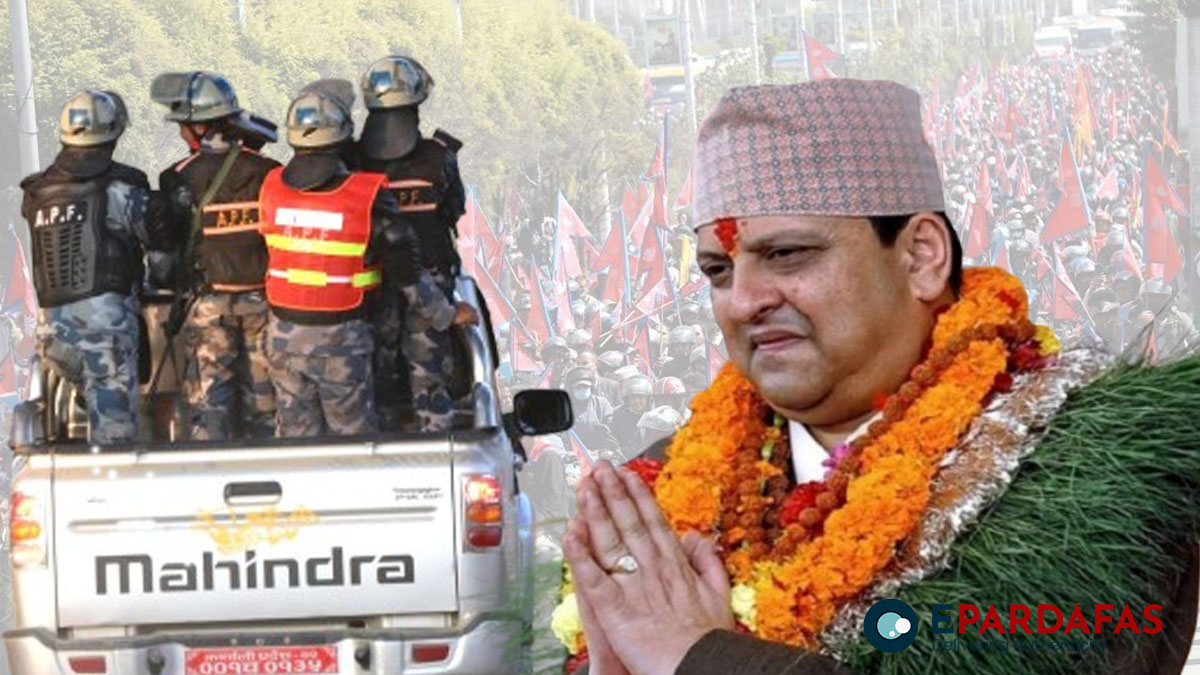
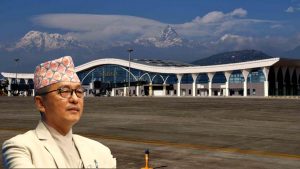
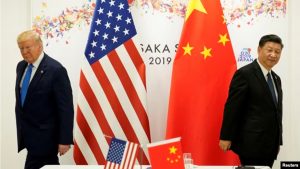

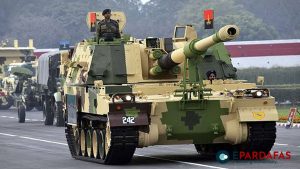
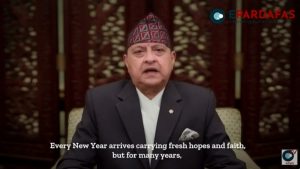



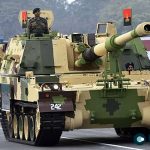

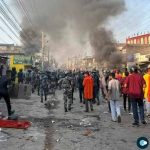

Comments